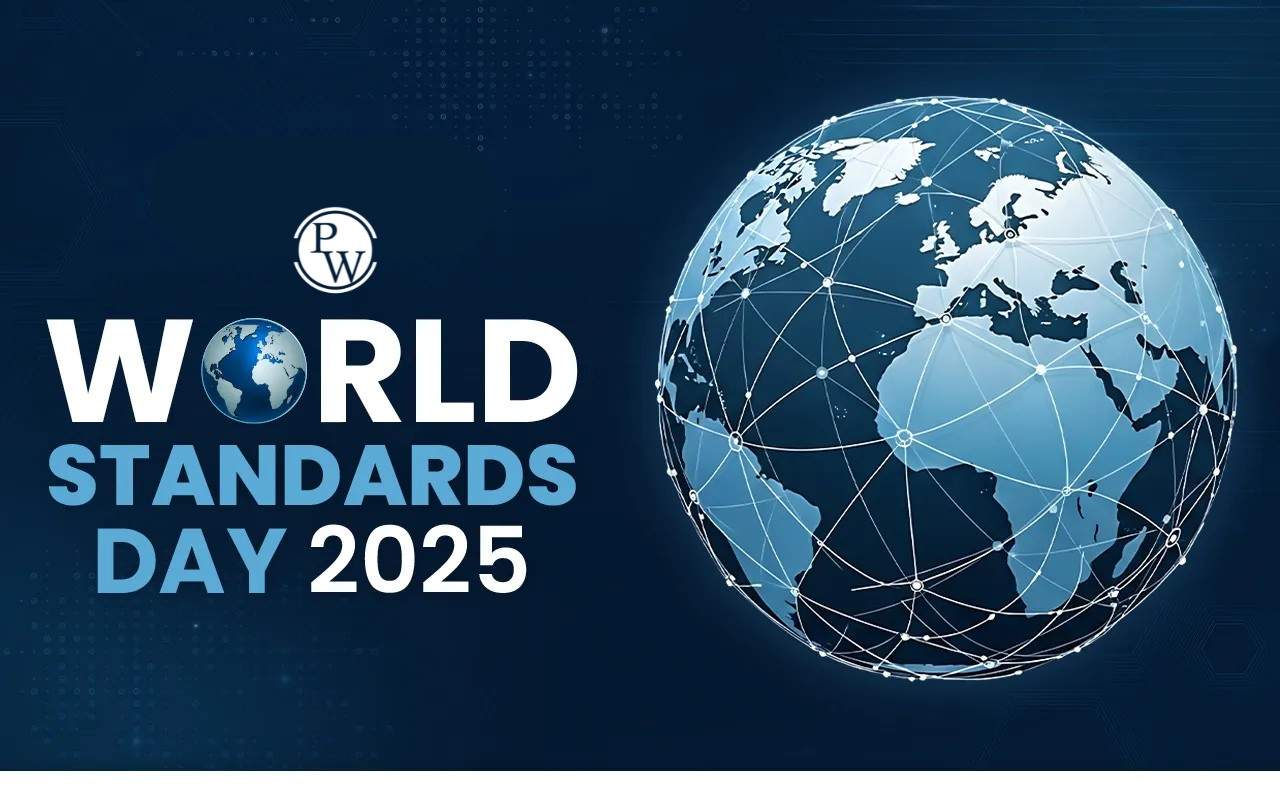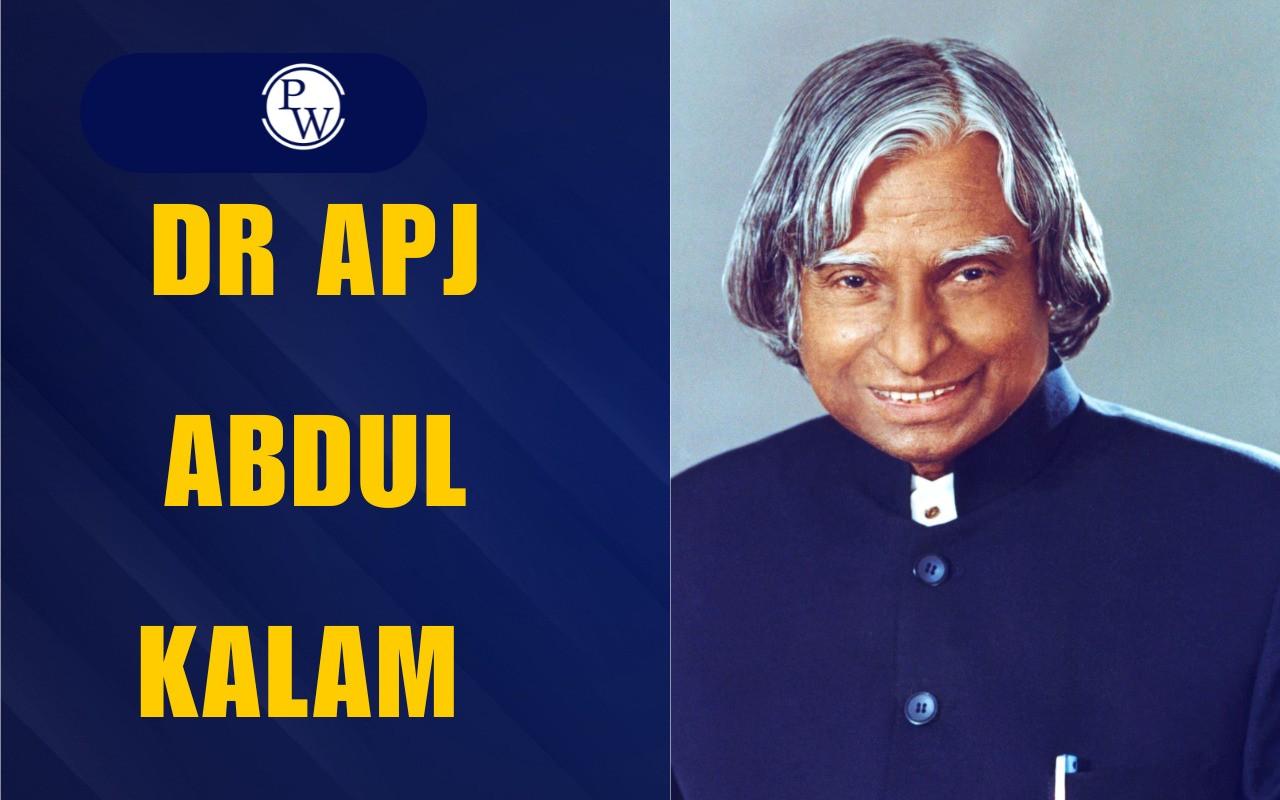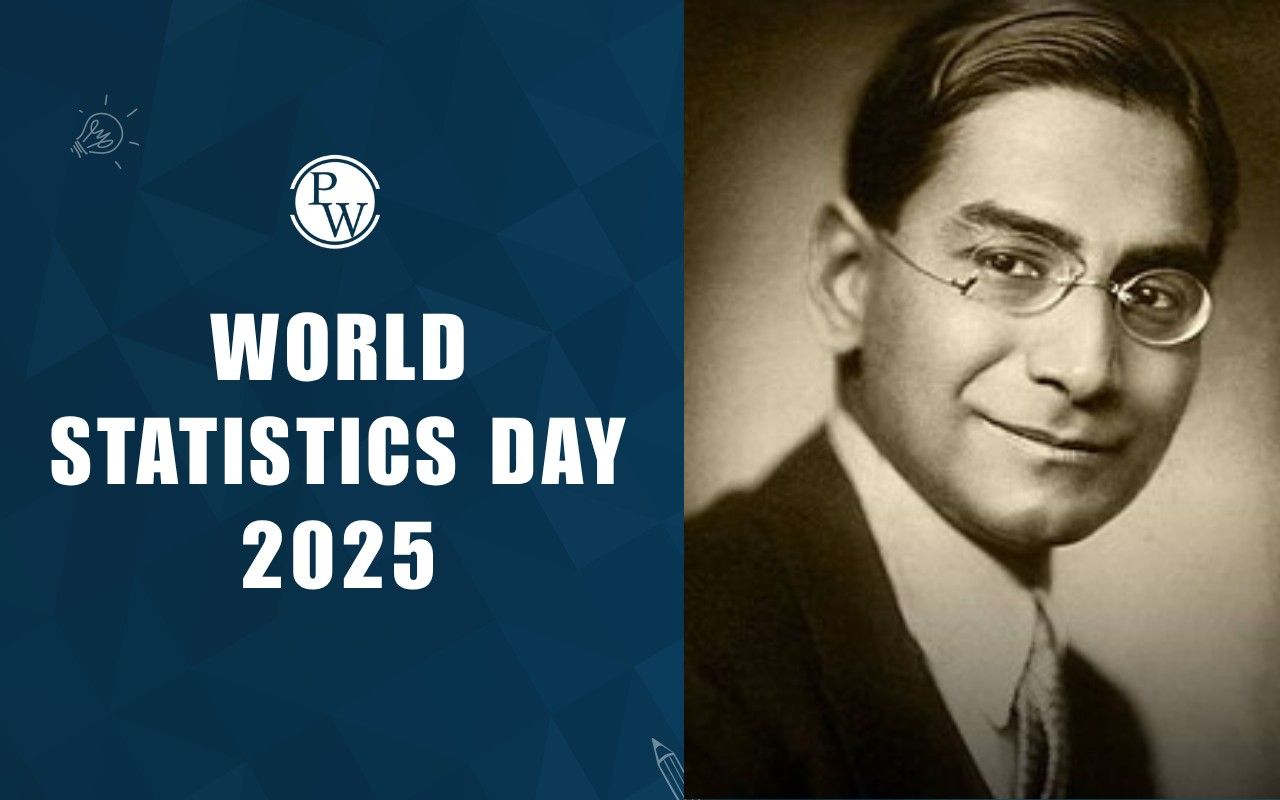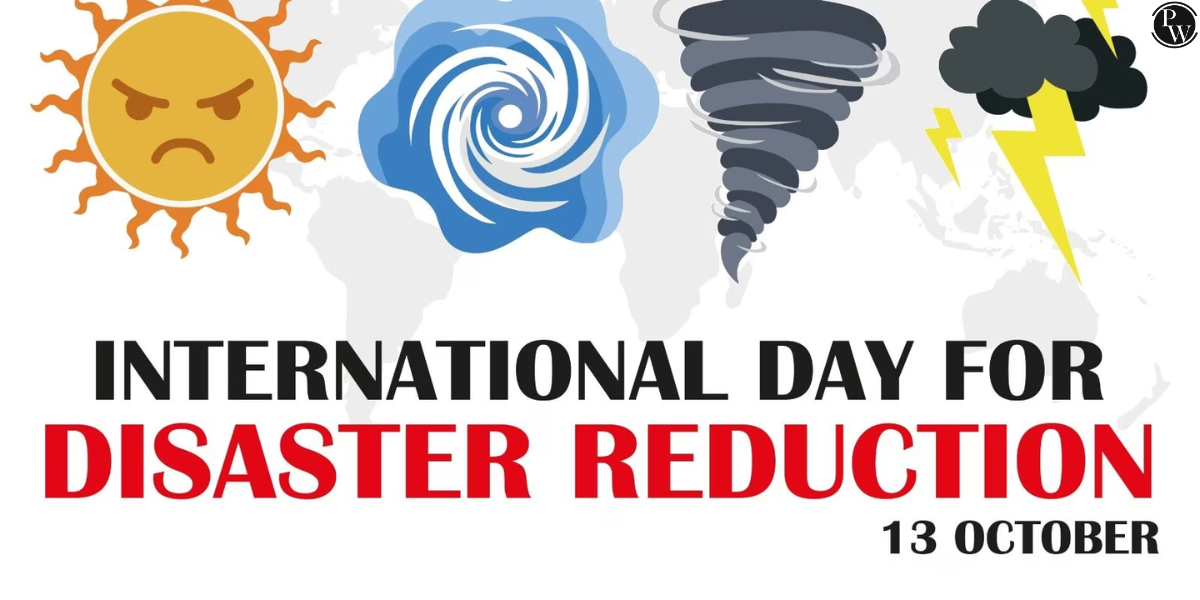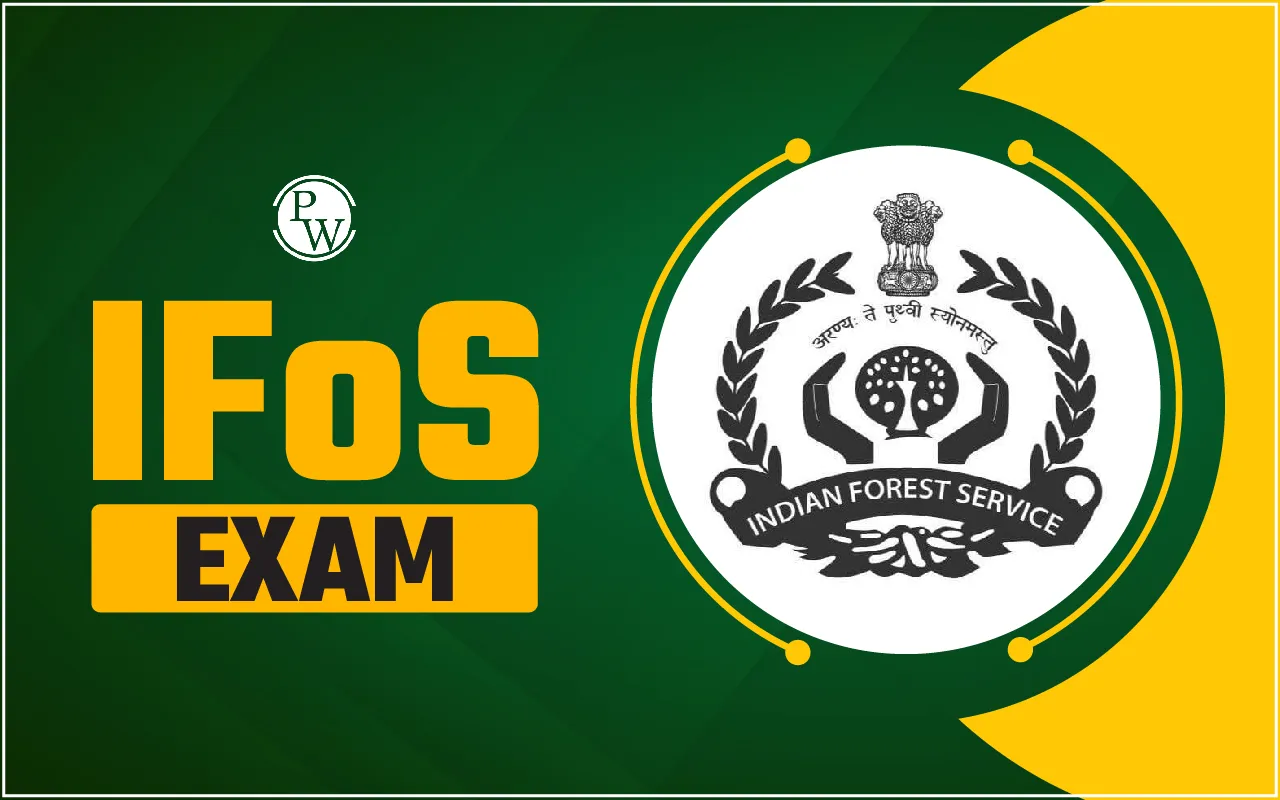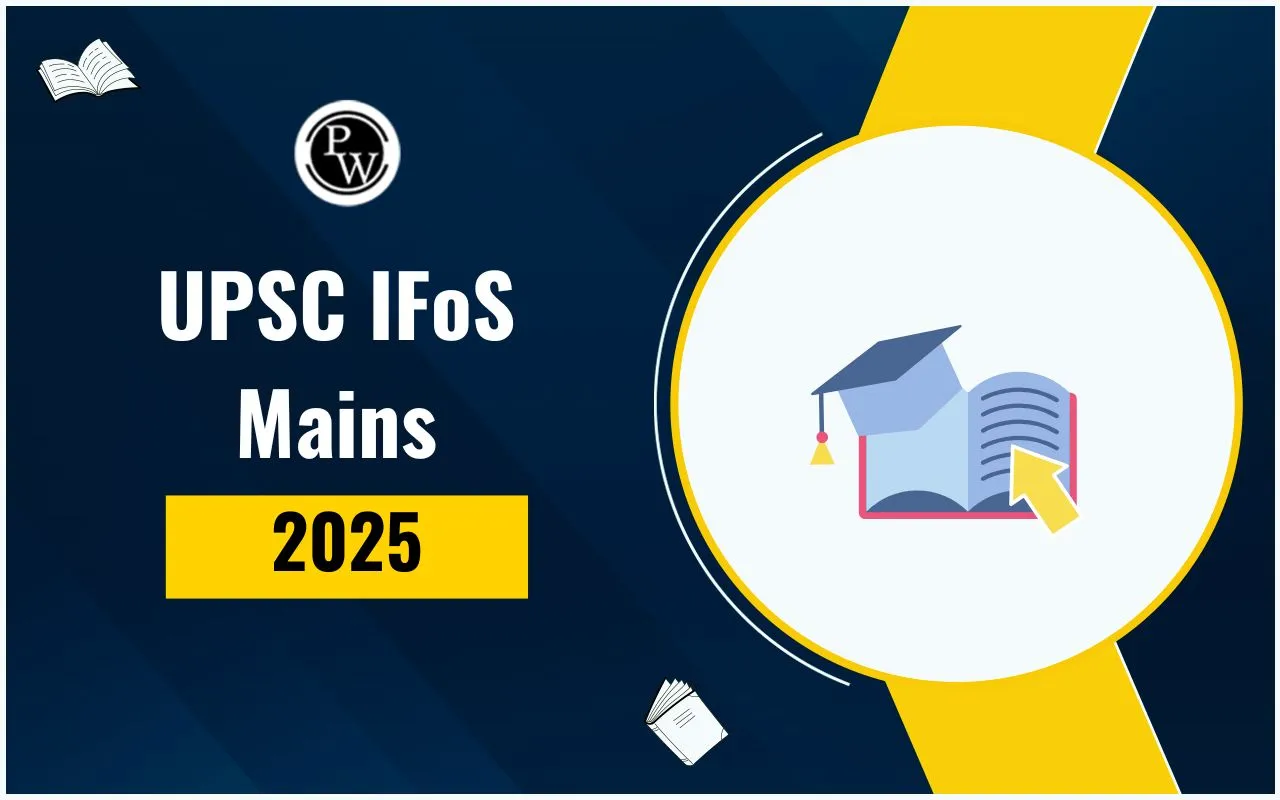

Emergency Provisions in the Indian Constitution : In India, the Constitution stands as a powerful, living document that ensures stability, democracy, and justice. Among its numerous provisions, the emergency provisions in the Indian Constitution are of utmost importance.
These provisions empower the government to take extraordinary measures to address such situations and safeguard the sovereignty, unity, and integrity of the nation. Keep reading to learn what are emergency provisions and how many types of emergencies are mentioned in the Constitution.What are the Emergency Provisions?
Emergency provisions are special provisions in the Indian Constitution that allow the central government to take control in abnormal situations. The emergency provisions are outlined in Part XVIII of the Indian Constitution to ensure that the government has the necessary powers to deal with situations that threaten the security or integrity of the country. While the provisions of emergency were taken from the Government of India Act of 1935 , the provision to suspend fundamental rights during an emergency is taken from the Weimar Constitution of Germany. During an emergency, the federal structure of the country is converted into a unitary one without a formal amendment, and the centre can legislate on matters from the state list.Constitutional Provisions Related to Emergency
The Emergency Provisions in the Indian Constitution are outlined in Part XVIII (Articles 352 to 360). These provisions were incorporated into the Constitution by the framers to ensure that India’s democracy and sovereignty remain intact even in the face of severe challenges:| Emergency Provisions in Indian Constitution | |
| Article No. | Subject Matter |
| 352 | Proclamation of National Emergency |
| 353 | Effects of Proclamation of Emergency |
| 354 | Application of revenue distribution provisions during the Proclamation of Emergency |
| 355 | Union’s duty to protect states from external aggression and internal disturbances |
| 356 | Provisions for failure of constitutional machinery in states |
| 357 | Exercise of legislative powers under the proclamation issued under Article 356 |
| 358 | Suspension of rights under Article 19 during Emergencies |
| 359 | Suspension of enforcement of Part III rights during Emergencies |
| 360 | Provisions related to Financial Emergency |
Types of Emergency Provisions in Indian Constitution
The emergency provisions in the Indian Constitution outline three distinct types of emergencies. These include:- National Emergency (Article 352): Declared during the war, external aggression, or armed rebellion.
- State Emergency (Article 356): Also called President’s Rule, it is invoked when a state's constitutional machinery fails.
- Financial Emergency (Article 360): This emergency arises when the financial stability or credit of India is under threat.
National Emergency
A National Emergency is declared under Article 352 of the Indian Constitution when the security of India or any part of its territory is threatened due to war, external aggression, or armed rebellion. A national emergency can be proclaimed for the entire country or only a part of it and its declaration requires a written recommendation from the Union Cabinet to the President.- Types: When declared due to ‘war’ or ‘external aggression’, it is called an External Emergency, whereas when triggered by ‘armed rebellion’, it is referred to as an Internal Emergency .
- Approval: Must be approved by both Houses of Parliament within one month from the date of its issue. (If the Lok Sabha is not in session, the proclamation must be approved within 30 days of its first sitting.)
- Duration: Six months from the date of approval to the indefinite period (with every six-month approval by a special majority).
- Revocation : President by a subsequent proclamation.
- Effects:
-
- Fundamental rights under Article 19 are suspended. The President can suspend enforcement of other rights but not the rights themselves.
- The Parliament assumes legislative powers over state list subjects and the centre can advise states on executive functions.
- The President can modify financial distributions between the Centre and states.
- Lok Sabha term can be extended by up to one year .
- Declarations:
-
- 1962: Declared during the Indo-China war.
- 1971 : National emergency due to Indo-Pakistan war.
- 1975-77 : Declared due to internal disturbances.
State Emergency
Also known as the President’s Rule , a State Emergency can be declared under Article 356 when the President believes that the government of a state cannot be carried out in accordance with the provisions of the Constitution. During the state emergency, the President assumes full executive powers, and Parliament legislates for the state. The state’s budget and laws are handled by Parliament, while the state council of ministers is dismissed. However, the state high court's powers remain unaffected.- Trigger: Breakdown of the state's constitutional machinery.
- Approval : Must be approved by both Houses of Parliament within two months by a simple majority.
- Duration: Initially lasts for six months, extendable for up to three years with Parliament's approval.
- Revocation: By President.
- Effects:
-
- President removes state council of ministers.
- The state legislature can be suspended or dissolved.
- The Governor administers the state on behalf of the President.
- Legislative powers are transferred to Parliament.
- Examples:
-
- Punjab (1987): Declared during the rise of militancy.
- Jammu and Kashmir (2018): Declared based on the Governor's report
Financial Emergency
A Financial Emergency can be declared under Article 360 when the President believes that the financial stability or credit of India is threatened. Initially, under the 38th Amendment (1975), the President's satisfaction was deemed final and beyond judicial review. However, the 4 4th Amendment (1978) removed this provision.- Trigger: A threat to India's financial stability or credit.
- Approval: Must be approved by Parliament within two months of the date of approval. If the Lok Sabha is dissolved during this period, the proclamation remains valid until 30 days after its first sitting, provided the Rajya Sabha approves it.
- Duration: Once approved, it can continue indefinitely without further parliamentary approval.
- Revocation: President of India
- Effects:
-
- The President can direct states to reduce salaries, including those of High Court judges.
- All state money bills must be approved by the President after being passed by state legislatures.
- The Centre gains enhanced control over financial matters in states.
- The President can also reduce the salaries of Union employees and judges of the Supreme Court and High Courts.
UPSC PYQs on Emergency
UPSC has asked many questions related to Emergency Provisions in previous years' Civil Services exams. Here are UPSC PYQs on emergency provisions from the Prelims and Mains stages:
Emergency Provisions UPSC Mains QuestionsUPSC Mains 2023: Account for the legal and political factors responsible for the reduced frequency of using Article 356 by the Union Governments since mid-1990s (150 words, 10 marks). UPSC Mains 2018: Under what circumstances can the Financial Emergency be proclaimed by the President of India? What consequences follow when such a declaration remain in force? (150 words, 10 marks) |
Emergency Provisions PYQ UPSC Prelims
UPSC Prelims 2022: Which of the following is/are the exclusive power(s) of Lok Sabha? (2022)- To ratify the declaration of Emergency
- To pass a motion of no-confidence against the Council of Ministers
- To impeach the President of India
- Dissolution of the State Legislative Assembly
- Removal of the Council of Ministers in the State
- Dissolution of the local bodies
| UPSC Related Articles | ||
| Chief Justice of India | Adjournment Motion | UPSC Prelims Questions |
| Parliament Sessions | Cooperative Federalism | Anti-Defection Law |
Emergency Provisions FAQs
What are the emergency provisions in the Indian Constitution?
The emergency provisions in the Indian Constitution are outlined in Articles 352 to 360 and allow the President to declare a National Emergency, State Emergency, or Financial Emergency in times of crisis.
How many types of emergencies are in the Indian Constitution?
There are three types: National Emergency, State Emergency (President’s Rule), and Financial Emergency.
What is Article 352?
Article 352 allows the declaration of a National Emergency during war, external aggression, or armed rebellion.
Has a Financial Emergency been declared in India?
No, India has never declared a Financial Emergency under Article 360.
What happens when a State Emergency is imposed?
When a State Emergency (President's Rule) is imposed, the state government is dissolved, and the Governor administers the state on behalf of the President. Legislative powers are transferred to Parliament.
Talk to a counsellorHave doubts? Our support team will be happy to assist you!

Check out these Related Articles
Free Learning Resources
PW Books
Notes (Class 10-12)
PW Study Materials
Notes (Class 6-9)
Ncert Solutions
Govt Exams
Class 6th to 12th Online Courses
Govt Job Exams Courses
UPSC Coaching
Defence Exam Coaching
Gate Exam Coaching
Other Exams
Know about Physics Wallah
Physics Wallah is an Indian edtech platform that provides accessible & comprehensive learning experiences to students from Class 6th to postgraduate level. We also provide extensive NCERT solutions, sample paper, NEET, JEE Mains, BITSAT previous year papers & more such resources to students. Physics Wallah also caters to over 3.5 million registered students and over 78 lakh+ Youtube subscribers with 4.8 rating on its app.
We Stand Out because
We provide students with intensive courses with India’s qualified & experienced faculties & mentors. PW strives to make the learning experience comprehensive and accessible for students of all sections of society. We believe in empowering every single student who couldn't dream of a good career in engineering and medical field earlier.
Our Key Focus Areas
Physics Wallah's main focus is to make the learning experience as economical as possible for all students. With our affordable courses like Lakshya, Udaan and Arjuna and many others, we have been able to provide a platform for lakhs of aspirants. From providing Chemistry, Maths, Physics formula to giving e-books of eminent authors like RD Sharma, RS Aggarwal and Lakhmir Singh, PW focuses on every single student's need for preparation.
What Makes Us Different
Physics Wallah strives to develop a comprehensive pedagogical structure for students, where they get a state-of-the-art learning experience with study material and resources. Apart from catering students preparing for JEE Mains and NEET, PW also provides study material for each state board like Uttar Pradesh, Bihar, and others
Copyright © 2025 Physicswallah Limited All rights reserved.
